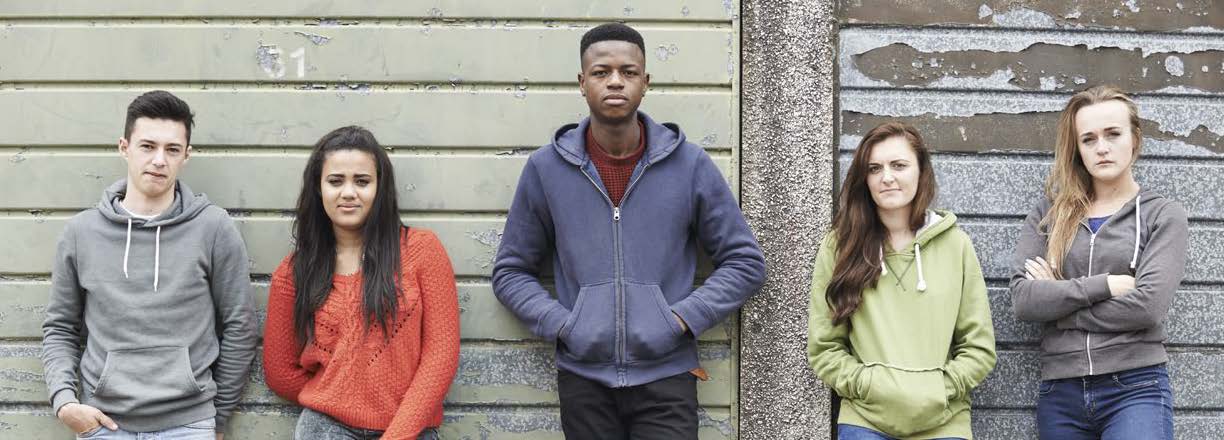SECRETARY BLINKEN: Thank you. I’m really at a loss for words because I can tell you, that song never sounded like that before. (Laughter.) And never will again. Dave, thank you for really the highlight of a lifetime.
And everyone here, good evening. Welcome to the State Department. First let me say how grateful I am to my friend and colleague of so many years, Lee Satterfield, our assistant secretary of state. (Applause.) Lee and the Bureau of Education and Cultural Affairs were the masterminds of this evening, and every single day are out there working to strengthen the bonds between Americans and people around the world. To our philanthropic and private sector partners – YouTube, Chevron, Boeing, the Wasserman Foundation, United Airlines – thank you. (Applause.) Thank you for making so many of our cultural diplomacy programs possible. We could not do what we’re doing without you. And to my friend and colleague, Chairman Mike McCaul, thank you for your support, your advocacy for international exchange. It makes a huge difference, and I’m proud to be your partner in this endeavor as well. (Applause.)
Now, we have a few dignitaries come through this building, but it is a special treat to have so many members of music royalty here tonight. Dave Grohl. (Applause.) Herbie Hancock. (Applause.) Rakim. (Applause.) Denyce Graves. (Applause.) And my dear friend Aimee Mann. (Applause.) We are also joined by so many other outstanding artists who are shaping the music industry today. GAYLE is in the house. (Applause.) Armani White is in the house. (Applause.) Jamie Barton is in the house. (Applause.) Myles Frost. (Applause.) And Mickey Guyton is in the house tonight, too. Thank you. (Applause.) Thank you all.
Now, I have to admit – and Dave might have given you just a little hint of this – I had some ambitions to try to make it in the music business once upon a time. (Laughter.) And indeed, some of my once and – who knows – maybe future bandmates are here tonight – Dave McKenna, Link Bloomfield. But it turns out – it turns out I was missing just one crucial skill: talent. (Laughter.) Even so, music has stayed a connecting thread through my entire life, ever since I heard my parents play “A Hard Day’s Night” for the very first time, and it’s been love at first sight ever since.
You all know – we all know – music is a way for all of us to show who we are, where we come from, what we love, and also to learn the same about other people. That’s true of people. It’s also true of countries. In the United States, our nation’s history shows up in the very instruments that we have – the drum set, invented in the early 1900s in large part by African Americans, who fused together instruments that generations of immigrants had brought to this country: tom-toms from China, cymbals from Türkiye, bass drums from Europe.
And our nation’s past echoes in how our people play, like in jazz and the blues, for example, genres created mainly by black musicians who blended musical elements from the Americas, from Europe, from Africa, including traditions that enslaved people brought to the United States. Every beat of every song has a genealogy that is greater than any one artist. And every musical tradition continues to evolve as genres are expanded and interpreted by creators in every corner of the globe.
But here’s the thing: You don’t have to know any history to connect the feelings behind the music because music at its core is about a bond rooted in our shared humanity. The great pianist Dave Brubeck believed that music could actually connect to the rhythm of our heartbeats, a pattern, as he put it, that is the same anyplace in the world. In my own life, and now in my own travels in this job, I’ve seen how music can transcend the borders of geography and the barriers of language. Music gives us a space to express ourselves, to hear one another, to build a sense of community and understanding that helps us work together.
So for generations, U.S. diplomacy has worked to harness the power of music to actually build bridges, to foster collaboration between Americans and people around the world. Going back to the 1940s, the United States has helped American musicians travel around the world. That started with classical musicians, singers, and iconic jazz artists like Dizzy Gillespie and Louis Armstrong. The tradition was carried on by pioneers like our very first and long-overdue hip-hop ambassador, Toni Blackman. These initiatives continue today with musicians like DJ 2-Tone, whose music kicked off our program tonight. Together, they reflect every genre of American music – folk, indie, pop, rap, classical, rock and roll – you name it.










